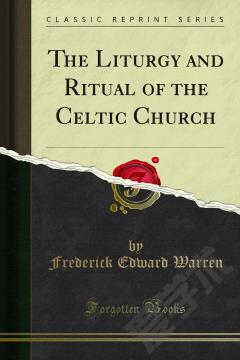The Church of the Holy Sepulchre in Text and Archaeology
The Church of the Holy Sepulchre, Jerusalem, was built by the Byzantine emperor Constantine I to commemorate the Passion of Jesus Christ. Encased within its walls are the archaeological remains of a small piece of ancient Jerusalem ranging in date from the 8th century BC through the 16th century AD, at which time the Turkish Ottoman Empire ushered Jerusalem into the modern period. The Church of the Holy Sepulchre was the subject of extensive archaeological investigation between 1960 and 1981 during its restoration. With the development of non-destructive techniques of archaeological research, investigation within the church has continued, which led to the restoration and conservation of the shrine built over the Tomb of Jesus in 2017. The first part of this monograph focuses on the archaeological record of the Church of the Holy Sepulchre, surveying past excavations as well as recent research carried out within the church over the past three decades. The archaeological survey provides historical context for the second part of the book—a collection of primary sources pertinent to the history of the Church of the Holy Sepulchre. The texts included here range in date from the 1st century AD to the mid-19th century and are presented in their original languages with English translation.
{{comment.content}}








 京公网安备 11010802027623号
京公网安备 11010802027623号